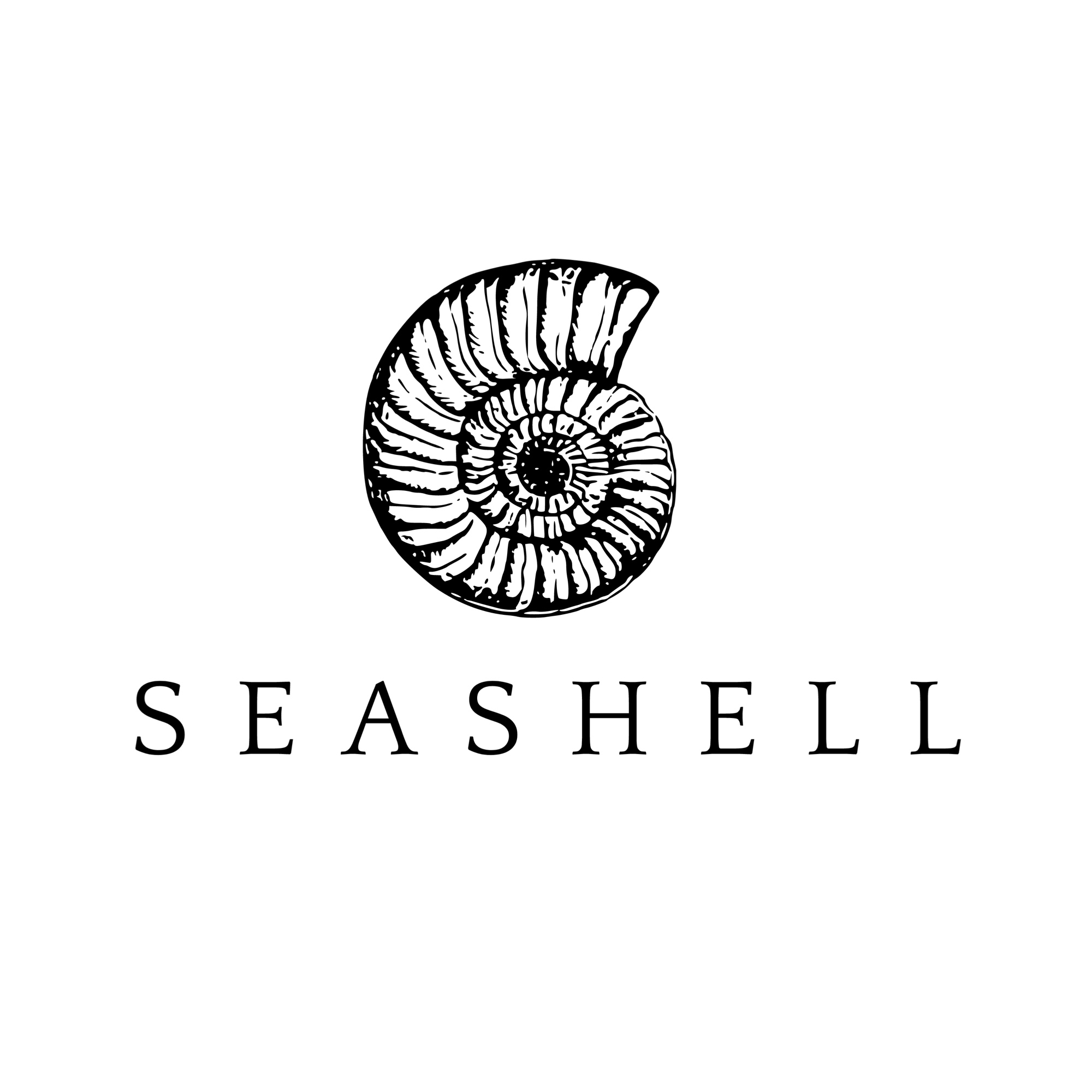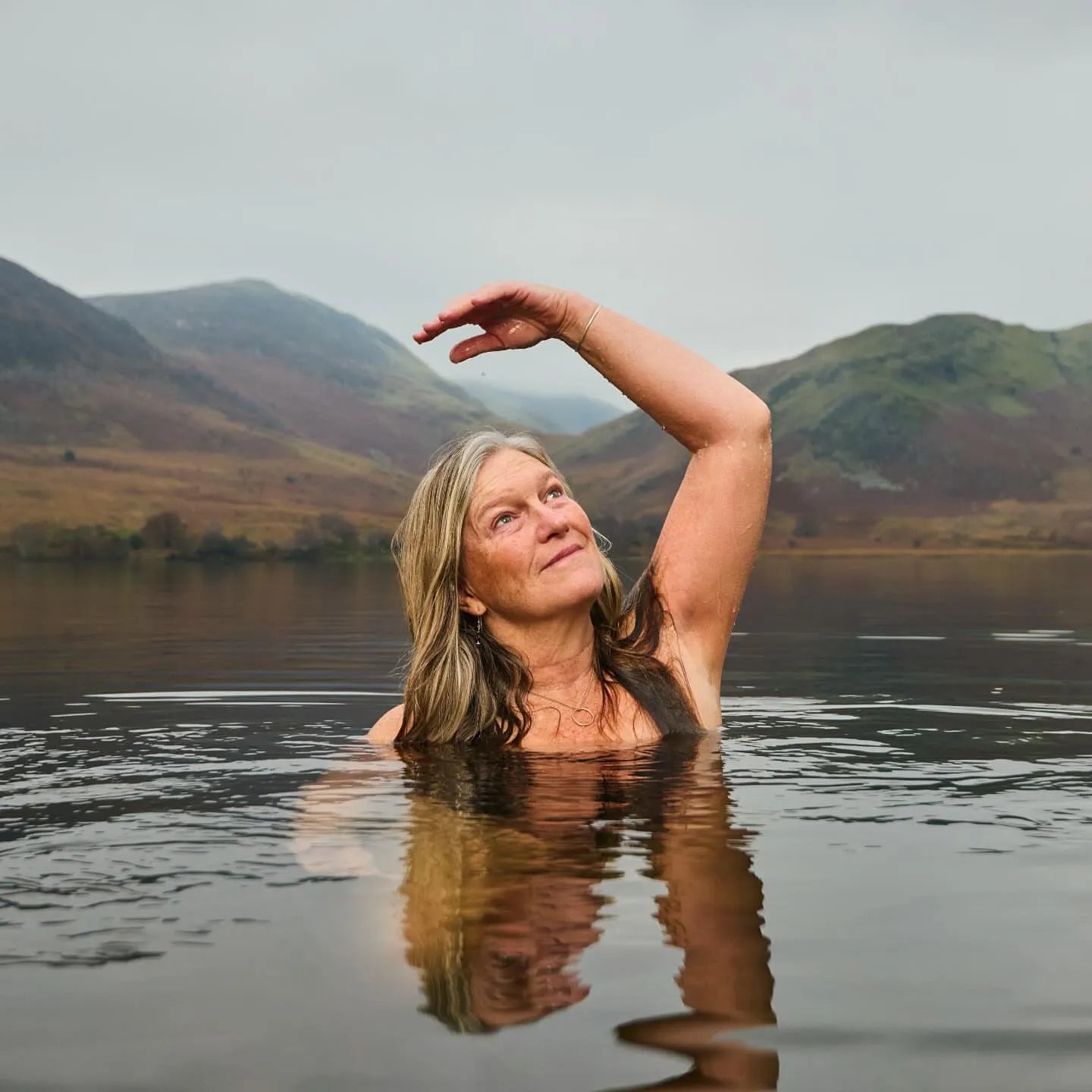In this inspiring conversation, we dive into the world of wild swimming, resilience, and storytelling with Sara Barnes, an accomplished writer whose journey to publication spans nearly five decades. From her childhood dream of becoming a published author to overcoming physical and emotional challenges through the power of cold water immersion, her story is one of perseverance, adaptation, and creative awakening. Her books, The Cold Fix and The Winter of Our Lives, explore the transformative effects of wild swimming, particularly for those navigating life transitions such as menopause. Join us as we explore her writing journey, the healing power of nature, and the unbreakable connection between body, mind, and storytelling.
When did you first start writing, and what inspired you to pursue it seriously?
The first book I wrote was called Quest for Two Girls. I was 11 years old and the headmistress awarded me A* Commended. It was inspired by a visit to the dentist where I was given gas and air – during the tooth extraction I had a dream about another land inhabited by Toothfaces and evil Maths teachers. Illustrations were included. My dream of becoming a published author was born. It took me nearly 50 years to fulfil this dream! Never give up in extremis! During that half century I carried on with life, including having two amazing children who are now great adults. In the background, whenever I could, I wrote. I submitted sample chapters and synopses, entered competitions, had a few articles published in magazines such as Outdoor Swimmer, The Island Review and Intrepid.
I was always serious about getting published and getting my work out there, but my breakthrough came in the form of a massive ‘stop card’. When I was 54 I was diagnosed with severe osteo-arthritis in both knees and offered pioneering surgery on both legs at once. It put a stop to my active outdoor life and demolished my self confidence and spirit, however, while crying my eyes out from emotional and physical pain post surgery I also kept a diary – and turned it into a book proposal, which took me three years to finally place with a publisher: Vertebrate Publishing, a superb independent publisher based in Sheffield. The Cold Fix is not only the story of how I turned negativity on its head through the power of cold water. It is also an exploration, not of where, how, or why to swim outdoors, but of how it makes you feel. It sold out within 4 months of publication in November 2022 and was the final piece in the jigsaw of healing from such a traumatic experience.
In "The Cold Fix," you discuss how cold water immersion helped you following a osteo-arthritis diagnosis. Could you elaborate on how this experience shaped your perspective on resilience and healing?
I desperately longed to get back outdoors, but I could no longer cycle or trail run, so my children took me down to the lake and told me to get in the water. It was April, I was still on crutches and the water was only 10C. But something in me was unlocked: my spirit, my desire to not just survive, but to live. The effort it took to walk into that lake showed me that I was braver than I realised and that I did have the capacity to heal myself by adapting how I showed up in the outdoor world. No longer able to cycle up mountain passes or run from summit to summit I was able to train myself to plunge into ever cold water every single day no matter the weather conditions. I knew I had resilience because I had been a single parent for many years by that point and knew how to look after myself and my children. I was in touch with my body and knew how it would react under pressure and out of its comfort zone. It was only a matter of time before I needed to sit in an ice hole, possibly the ultimate cold water swimming experience. I thought it would seal my healing journey once and for all, but it actually rewarded me with opportunities and avenues way beyond my expectation, including the book contract with Vertebrate Publishing.
You've mentioned that wild swimming unlocked your creativity. Can you share specific moments or insights gained during swims that directly influenced your writing?
I have always been a creative person with a big imagination and ability to find a story in everything around me. I think that is why I knew one day I would, or rather had to, be a published author. Stories and inspiration are all around you, in nature, the landscape, the random strangers you bump into, the conversations you overhear, but especially when you are in the state of complete vulnerability and self awareness that swimming outdoors in wild and potentially risky locations, often on your own, brings. There is the preparation for the adventure, the journey to get there, the change of mind because of not being able to park, the walk into the place on the map you are searching for, the unexpected things you see along the way and sometimes the person who, like you, is out enjoying the landscape. I often talk with strangers when I am out, or to no one at all. But, although my mind is actively on high alert for potential risks, a part of it cruises around my being, lifting out memories, examining things that bother me or testing myself on how I am feeling – all potential ideas for stories and writing.
Some of the most interesting ideas for writing came during the challenge I set myself when I turned 60: to swim with 60 different people from 60 different places in my 60 th year. More than one a week! I swam with an inflatable swan that I had stolen from a group of children in a Spanish river gorge, an Octagenarian Mermaid called Elizabeth who slipped into a Lake District river pool to cool down after completing her fifth set of Wainwrights. Mini stories, moments of inspiration and experiences I will more than likely be drawing on for many years to come.
By writing about every single of those 60 swims on my Instagram account @bumblebarnes I honed my storytelling skill with the sole purpose of engaging readers and finding the right way to provoke a response or interaction from them – to elicit an emotion digitally. I believe that is one of the jobs of a good writer: to extract an emotional reaction or response from a reader, not necessarily one they knew they had either, so to generate self-curiosity and the desire to live an experientially richer life.
Every swim is different. And I have swum every single day, sometimes more than once, since around April 2017, apart from most recently after recovering from heart valve repair surgery.
"The Winter of Our Lives" centres around three menopausal women who find empowerment through wild swimming. What inspired you to intertwine themes of menopause, friendship, and nature in this novel?
These are all very important in my life in general, although having been through the menopause and come out the other side I feel I can now give a really positive perspective on the subject and say that things do get better! I actually worked with a menopause GP and specialist down in Surrey as a contributor to her website, which gave me the advantage of good access to information and fact checking. It was this GP who suggested that I start using HRT patches to help with my osteo-arthritis and the bone healing I still needed in my legs. She was also very pro cold water immersion in general.
From being a solitary dipper back in April 2017 I gradually joined local groups, formed my own smaller ones and became part of the worldwide community of people who loved the cold water. Chronologically, The Winter of Our Lives started life in around 2018 and was called Wet and Wild. From swimming with groups it hadn’t escaped my attention that most of the groups and the outdoor swimming community was made up of middle aged, middle class, white women (far less the case currently). And there was a universal phenomenon, or at least a UK phenomenon: as soon as we strip off our clothes and walk into the water in just a swimsuit something flips in our social norms: filters drop and the conversations I heard and participated in were on topics you just would never have in ‘real’ life. But, somehow by being brave, wild and semi naked in chilly water liberates us from feeling awkward about our bodies, our emotions, or the issues we’re challenged with every day. It was this sense of friendship between women that intrigued me and which I wanted to explore in this novel.
However, it is not only women who go through mid life, men do too. In 2025 there are many more men who practice cold water immersion on a regular basis and during my research and interviews for The Cold Fix I spoke to six men who loved the cold, all for different reasons. But, the consensus is that being in cold water regularly has amazing benefits: physical, emotional, mental and social, for men too. That is why I used the vehicle of these women needing to find a man to complete their mixed relay team for the Scottish Winter Swimming Championships. It allowed me to show the male perspective on this increasingly popular activity or lifestyle. Plus, it is based on reality: I had entered a mixed relay team for the Inaugural Scottish Winter Swimming Championships up at Loch Tay and needed to find a man.
Nature as a character within the novel is quite simply how I write. I prefer to be outdoors in a rural setting rather than in a city and often that is the Lake District. However, in The Winter of Our Lives there are several other landscapes, Norway and the Outer Hebrides being just two of them. Both places inspire me for so many different reasons and offer different swimming experiences. For Stevie, the trip to Norway was a way for her to start to shake up her sense of being stuck following her marriage breakdown. But, she didn’t expect that to include a rather spicy and intensely cold encounter with a stranger in the forest. I believe our connection with nature can be a good indicator of our wellbeing and sense of peace, or not. If we lose that connection it can have a detrimental impact on us and I know this from experience of living in London for three years when I was in my twenties. I hated it and every weekend that I could I drove to my parents’ who lived in Cambridge: on the A10, once free of urban sprawl, I wound down the windows and breathed in the air: soil, cabbages and farm animals. Heaven to me!
In your opinion, what is the connection between physical activities like wild swimming and mental well-being, particularly for women experiencing life transitions such as menopause?
From my own personal experience of facing life transitions, including the menopausal years, keeping physically active triggers levels of all the major hormones that keep us feeling focused, loved, positive and motivated: some call it the DOSE effect. Dopamine, oxytocin, serotonin and endorphins. Maintaining the correct levels of all four enables us to face challenges that life throws at us on a daily basis, or even the big ones such as death of a loved one, marriage or relationship breakdowns, money crises, moving home, empty nesting and so on. But, it is not always easy or possible and can be a vicious circle. Health issues, lack of mobility, or loneliness play their unwelcome part, and I have personally experienced all three. I could no longer be as physically active as I had been, I worked from home alone in a rural village and was a single parent, my world was tiny and as I grew older I could see it just shrinking even more. Swimming or floating in the lake was my starting point for healing and for learning how to adapt to a new way of reconnecting my mind to my body and visa versa. So, for me, with my personal circumstances and limitations, wild swimming ticked a lot of boxes. It may be something completely different for someone else. But, it will be out there, you have to be able to see it, reach out for it and grab it. It could just save your life.
What challenges did you face on your journey to publication, and how did you overcome them?
I think most of the challenges I faced were to do with finding someone who not only loved my writing, which most of the agents and publishers I sent work to said they did, but felt it had a commercial hook. I had originally sent the idea for The Cold Fix, then called How I Became an Eel, to Vertebrate in around 2019, but at that time they had never published a book on outdoor swimming and were nervous about it. The next time I submitted it, having worked on the ‘commercial hook’, they had had more experience and could see that the cold water swimming trend was in ascendancy. As for The Winter of Our Lives, getting fiction taken on by an agent or directly by a publisher, is very hard. It always has been, unless you are a ‘known’ name, and probably always will be.
Timing is often crucial. I remember submitting the synopsis and sample three chapters to one agent and although she loved the writing she had just taken on another Lake District writer with a novel about wild swimming, so turned it down. Another two agents responded immediately to my submission and requested the full manuscript. I hadn’t written the complete novel, but worked like mad for three weeks and resubmitted a 70,000 word book. The trouble is it mostly takes a lot longer than this to achieve a really plausible plot and set of characters. Back to the drawing board. Or, rather, back to the cold water. It was during an early morning swim with a friend that an opportunity arose: there was an open submissions window at a publishing company and I promised my friend that as soon as I got home I would polish my synopsis and chapters and press the Send button. A few months later the publisher contacted me and said they would like to publish my book.
If you could share one last message with your readers, what would it be?
I used to have a list of dreams and feel quite agitated if I felt I wasn’t getting any nearer to achieving them. One of them was to be a published author and bizarrely when it actually happened, twice, the feeling I got was not how I imagined it would be. I had imposter syndrome for a while and was nervous about promoting my work and realised that achieving a dream does not make the dream go away. I still dream of being a published author and work hard at realising the next part of that dream. Dreams change too, and that’s okay. Because our circumstances and energy changes over the course of our lives too. I think one of the most important places to reach is being at peace with yourself and appreciating the tiny moments of happiness in the now. I used the phrase Older Bolder Colder recently and it seemed to resonate with a lot of readers. As we grow older I think we do become bolder about showing up exactly as we are and that’s often because we have understood how to stand up for ourselves and not feel shy or guilty about having zero tolerance for people who don’t treat us, our loved ones, or the planet well.
Find out more
Sara's experiences remind us that dreams don’t have expiration dates and that the key to fulfillment often lies in embracing the present moment. As she continues to inspire readers with her words and adventures, her message remains clear: be bold, embrace change, and never stop searching for the things that make you feel truly alive.
Cover Photo by Ross Jarman


Come and join us!
Join us every Saturday at 10am at the Fittie end of Aberdeen beach for invigorating dips in the sea. The refreshing waters will not only revitalize your body but also uplift your spirits, offering a perfect blend of mental clarity and physical well-being.
For updates on volunteering at beach cleans, joining adventure days, and other upcoming events please see our social media pages.
The ultimate guide to unlocking the full potential of one of nature's most powerful resources.
Cold water has been used for centuries as a natural remedy to promote health, vitality, and well-being, and its benefits are backed by science.
Whether you're a seasoned cold water enthusiast or just starting out, this comprehensive guide will provide you with all the information you need to harness the power of cold water and take your health and wellness to the next level.











Project One Wave - A Collaborative Mission For The Ocean
Project One Wave - A Collaborative Mission For The Ocean